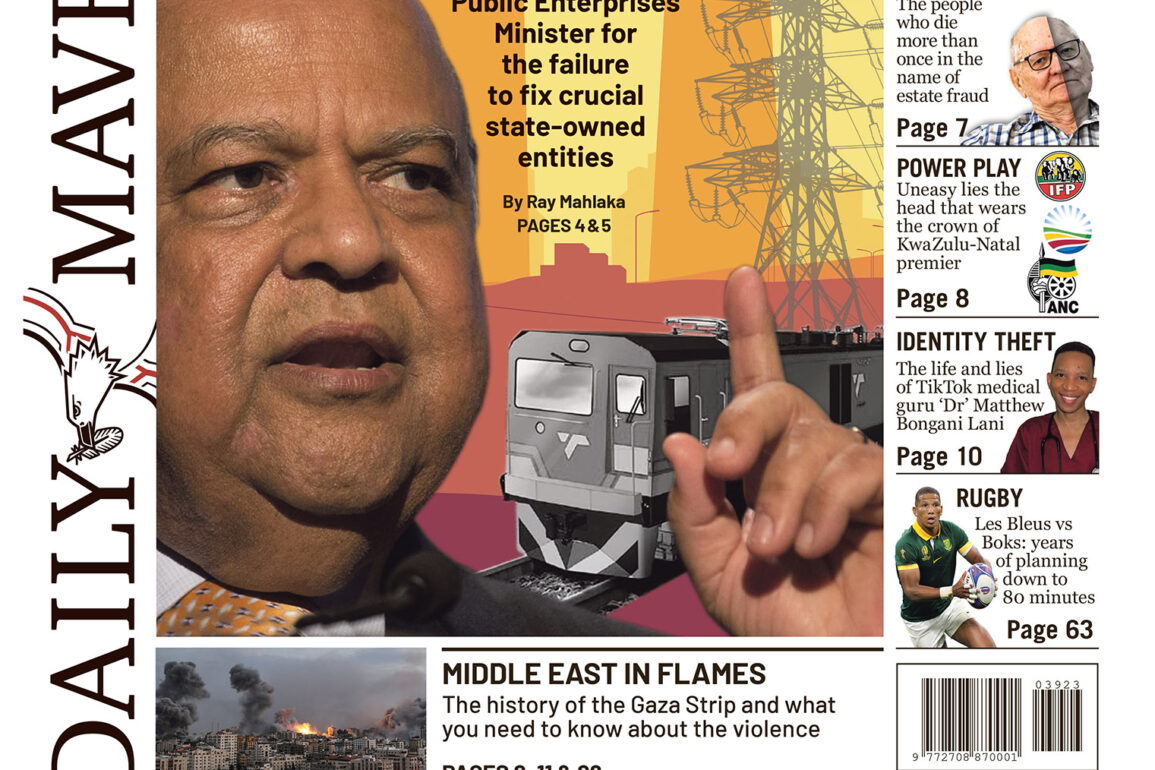My inaugural column in 2021 was about the seemingly unending Palestinian and Israeli conflict, and so I felt it only fitting that this one is about the same topic, in light of the humanitarian crisis and rising body count – into the thousands – we have all been reading about and watching over the past few days.
When devastation, trauma and loss are so immense, words are sometimes difficult to wrestle from our consciousness, but in honour of those who have paid the ultimate price for the war in the Middle East, it is necessary to find these words.
According to the United Nations Office for the Coordination of Humanitarian Affairs, there were at least 300,000 displaced Palestinians in Gaza as a result of Israel’s retaliation after Hamas’s attack.
The attack is not unexpected, given the dehumanising conditions Palestinians have been enduring for years. In an interview with Al Jazeera earlier this year, well-known academic, philosopher and author Noam Chomsky said: “I’ve been in Gaza … in between some of the Israeli attacks. It’s a … disgraceful crime… Over two million people basically imprisoned. No potable water to drink, the energy system, [sewerage] systems destroyed by Israeli violenc e… Nobody even talks about it anymore.”
Chomsky’s observations reflect how the struggle of Palestinians has been made invisible by the world. And when Hamas retaliated, whether legitimately or not, only then did the world pay attention. But the attention, aid, relief efforts and sympathies have been largely directed at Israel, based on a singular event as opposed to the systematic violence faced by Palestinians.
In response to the conflict, the UN has issued public statements that the targeting of civilians is against humanitarian law. Its secretary-general, António Guterres, has condemned Hamas’s attack on civilians and equally condemned Israel’s complete siege of the already embattled Gaza Strip.
“This most recent violence does not come in a vacuum. The reality is that it grows out of a long-standing conflict, with a 56-year-long occupation and no political end in sight,” Guterres said.
It cannot be gainsaid that in times of war civilians bear the disproportionate brunt of the resultant violence. It therefore becomes important to robustly seek solutions towards peace, and the reality is that there can be no peace where there is an absence of justice, and justice requires truth.
Nuremberg trials chief prosecutor Benjamin B Ferencz said it best: “There can be no peace without justice, no justice without law and no meaningful law without a court to decide what is just and lawful under any given circumstance.”
The court he speaks of could be the International Criminal Court, an autonomous judicial body that could be of great aid.
However, its limitations are that it only has authority over countries that are signatories to the Rome Statute, which Israel is not but Palestine is.
The question is, by whom then shall the two states be held accountable? And how will a just and lawful path to lasting peace be realistically attained? DM
This story first appeared in our weekly Daily Maverick 168 newspaper, which is available countrywide for R29.

This post was originally published on this site be sure to check out more of their content.









